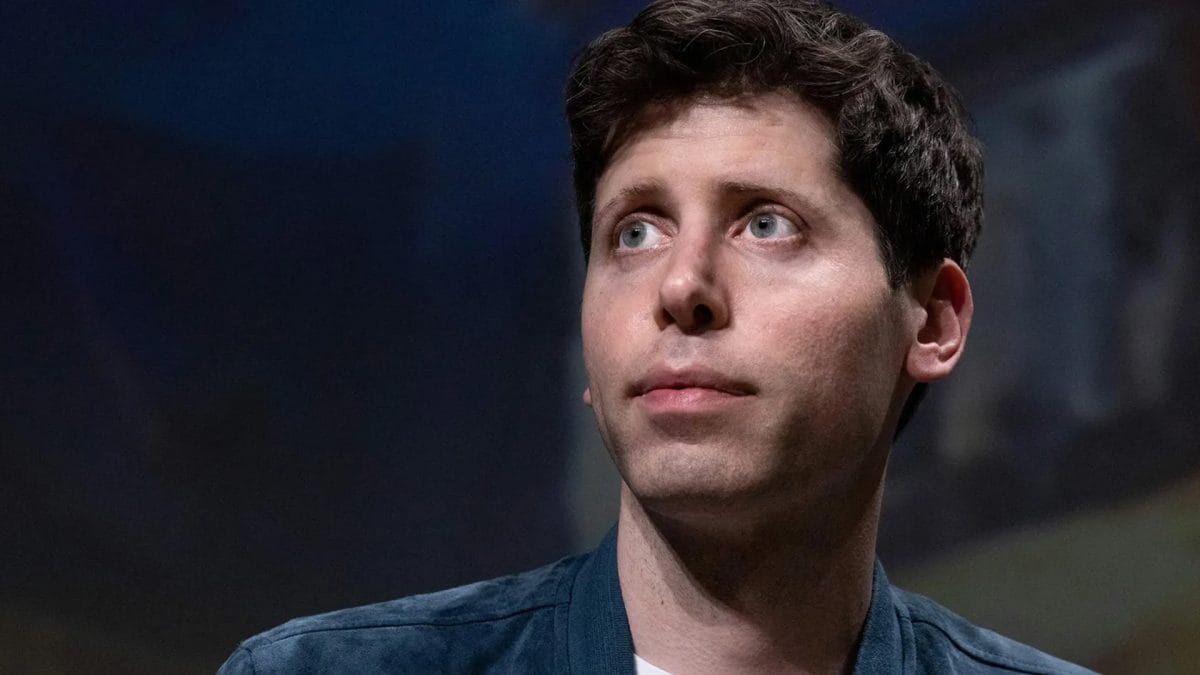'Wait until you see GPT-5': Sam Altman claims next iteration of OpenAI's LLM makes a significant leap

Drawing an analogy to the early days of the iPhone, Altman suggested that current AI models are still in their infancy, with much greater potential yet to be realised
OpenAI CEO Sam Altman recently shared an intriguing glimpse of what people might expect from the highly anticipated GPT-5 artificial intelligence model. Striking a balance between optimism and caution, Altman’s vision highlighted his confidence that GPT-5 will be a substantial improvement over its predecessor, GPT-4, and will not encounter unresolvable issues. Altman emphasised that GPT-5 is expected to be a significant leap forward, addressing many of the problems that GPT-4 currently faces. “A lot of the things that GPT-4 gets wrong,” he noted, “can’t do much in the way of reasoning, sometimes just sort of totally goes off the rails and makes a dumb mistake, like even a six-year-old would never make.” Drawing an analogy to the early days of the iPhone, Altman suggested that current AI models are still in their infancy, with much greater potential yet to be realized. He pointed out that while today’s models, including GPT-5, are relatively small compared to future possibilities, substantial growth and improvement are on the horizon. Interestingly, Altman’s recent remarks indicate a shift from his previous stance on model size. Last year, he hinted that the era of gigantic models might be coming to an end. Now, however, he suggests that models will likely continue to grow, driven by significant investments in computing power and energy. This change in perspective underscores the dynamic nature of AI development and the evolving strategies within the field. Altman expressed confidence that GPT-5 will address many of GPT-4’s shortcomings, particularly in reasoning and error prevention. However, he also acknowledged that much work remains to be done. “We are optimistic, but we still have a lot of work to do on it,” he stated, underscoring the ongoing efforts to refine and enhance the model. During his discussion, Altman tackled some of the biggest controversies surrounding AI, particularly content licensing. He highlighted OpenAI’s approach, which involves agreements with publishers to license news content for ChatGPT in exchange for training data for the models. This approach stands in contrast to companies like Google, which claim that AI-driven traffic benefits publishers—a claim met with scepticism by many, including Altman. Altman also tempered expectations regarding AI’s impact on the internet and the broader economy. He suggested that while AI may not drastically change internet use, it could still lead to significant shifts. “I think maybe AI is going to not super significantly but somewhat significantly change the way people use the internet,” Altman said. He pointed out that this could necessitate the evolution of economic models, highlighting the broader implications of AI beyond just training data. Altman also suggested that GPT-5 is just the beginning of a series of advancements aimed at building more sophisticated and capable AI systems. The coming months will be crucial in determining whether GPT-5 can deliver on its promise of a significant leap forward, addressing the limitations of its predecessors and paving the way for more advanced AI applications.






0 Comments